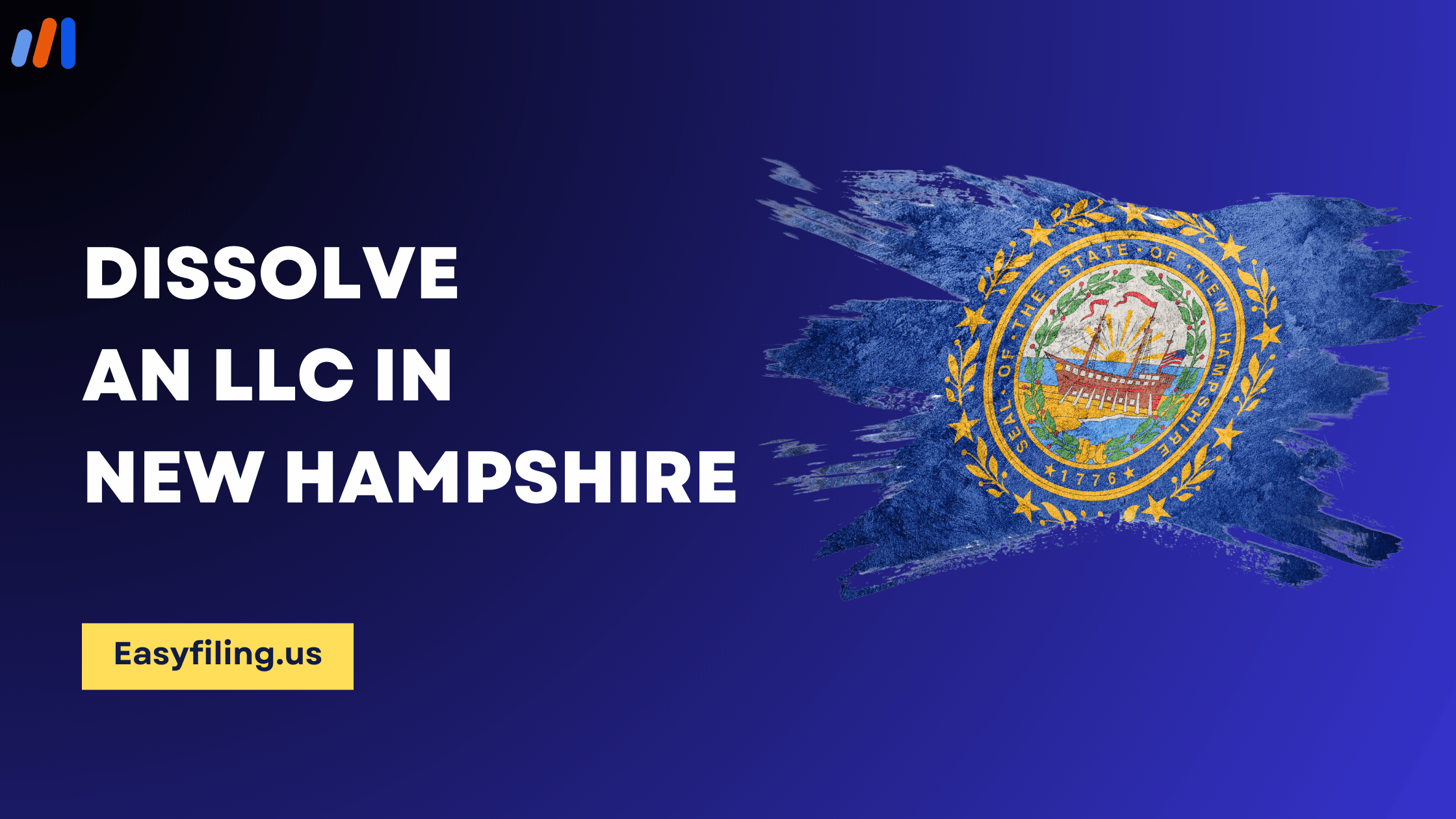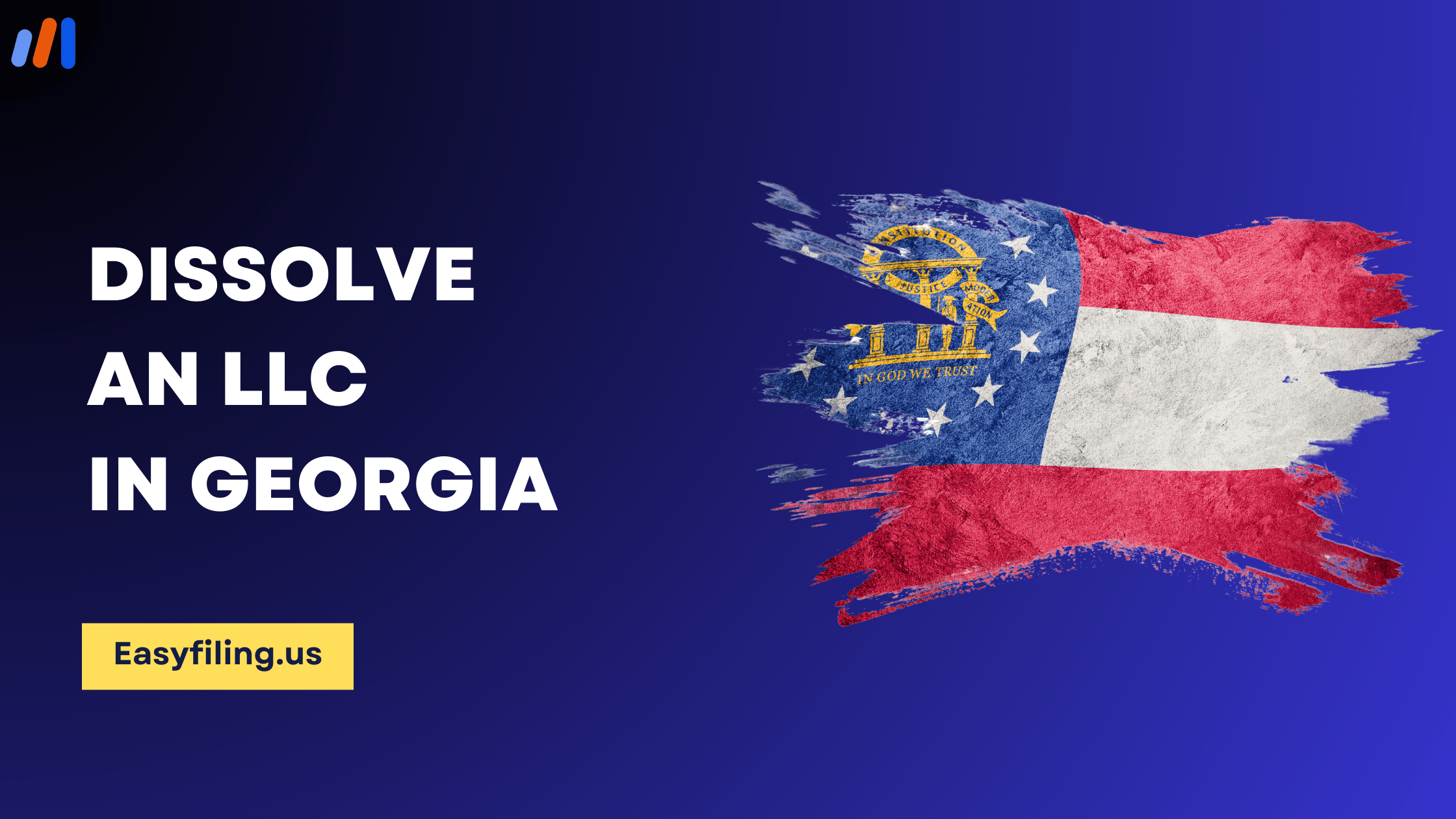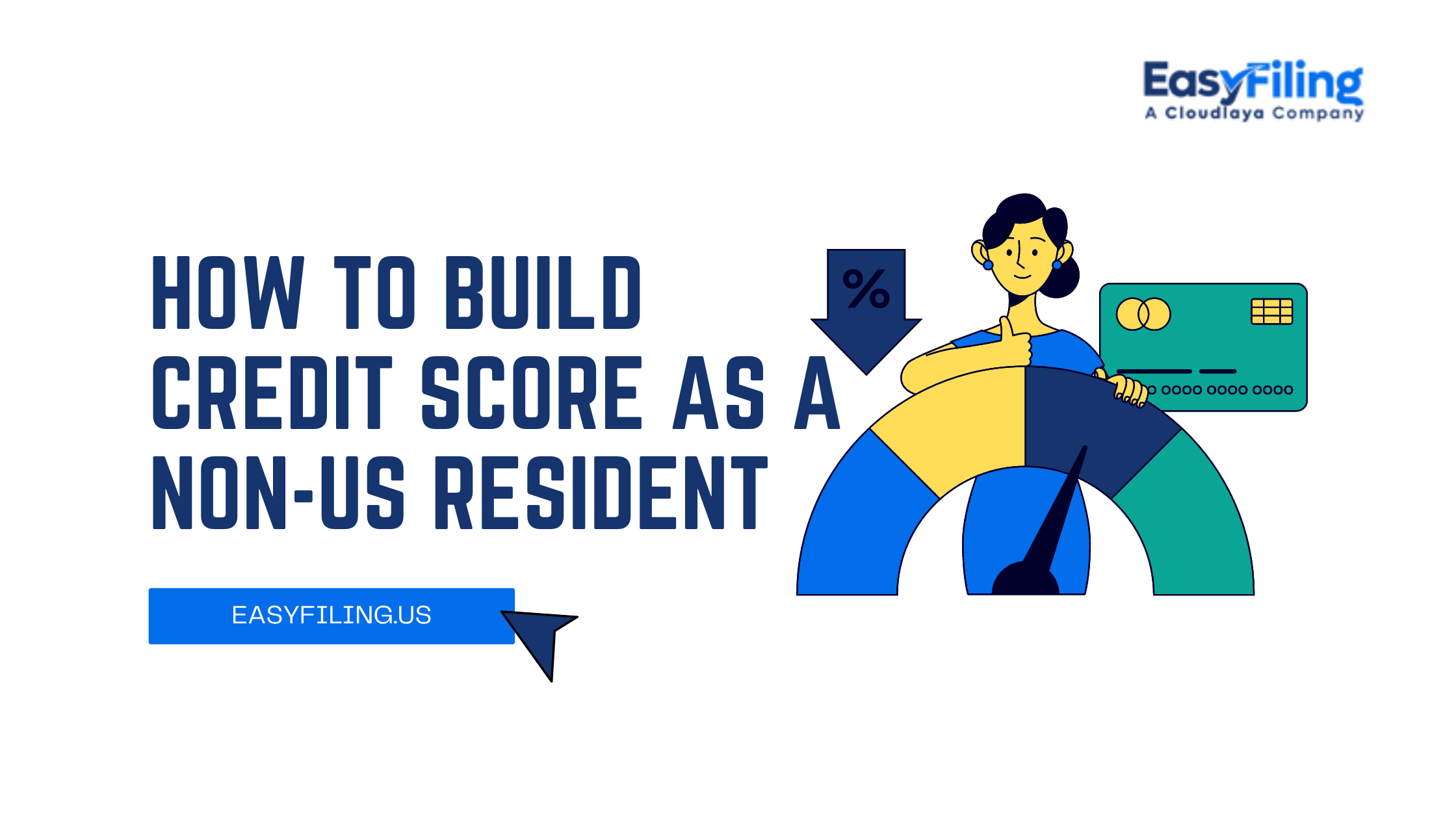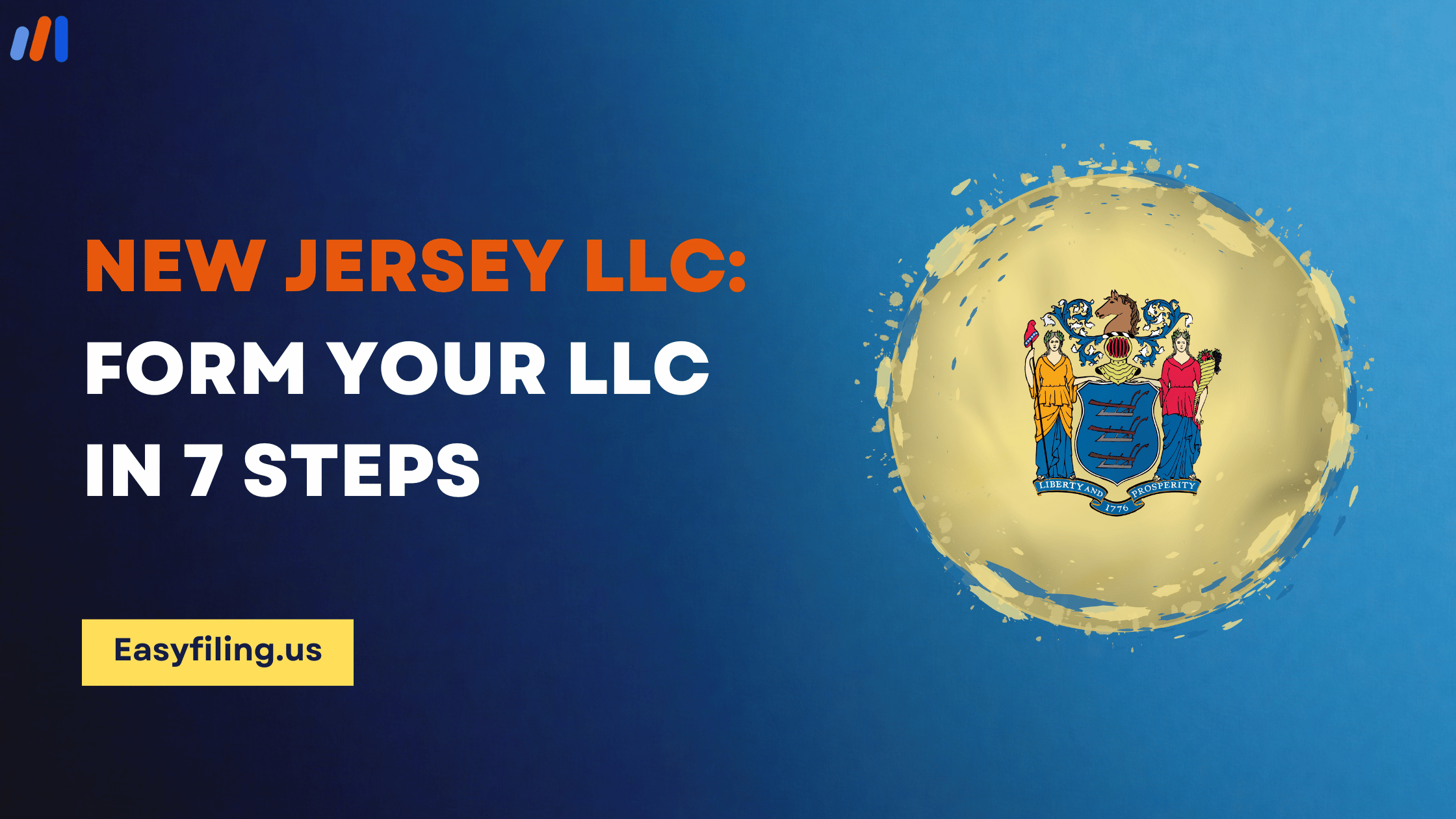Starting a solo business can feel like stepping into quicksand if you don’t watch your footing. One question that pops up more often than you’d think is, Can I use an EIN for a sole proprietorship? The answer is a clear yes, but the story stretches beyond just knocking on the IRS door for a number. In the sections that follow, we’ll chew through why an Employer Identification Number matters, when it saves you headaches, and why keeping your SSN out of public view is a big win.
A nine-digit code that fits neatly in tax forms may be the small upgrade your sole proprietorship needs to play in bigger leagues. Sense of security, tidy record-keeping, and a pinch of historical proof come along for free.
Understanding the EIN: A Tiny Number with Big Implications
An Employer Identification Number, commonly shortened as EIN, is a special nine-digit code the IRS doles out like private-property markers for tax turf. Some folks call it a Federal Tax Identification Number, which is pretty much the same idea. Picture it as a Social Security Number for everything that wears a business hat.
Even if your store’s sign and utility bills all show your given name, that EIN still wears its cape. It tags your operation in the agency’s files, opens doors at banks willing to talk only to companies, and greases the wheels when payroll chills out.
Can a sole proprietor grab an EIN instead of relying only on a Social Security Number? Yes, they absolutely can. Whether that move makes sense is a different story, and it’s what we’ll dig into next.
When Is an EIN Mandatory According to the IRS?
When does the IRS insist on an EIN, rather than leaving the choice up to the owner? Straight rules keep things moving. If payroll hits the books—even just one part-time helper—the agency says the number must follow.
1. Excise Tax Filers
Some businesses are treated a little differently. If you sell alcohol, tobacco, firearms, or heavy trucks, you will probably pay excise taxes even if your accountant hates the extra paperwork.
2. Withholding on Payouts
Just because money leaves your hands doesn’t mean the IRS stops watching. Pay retirement benefits or freelance checks, and you’ll need to withhold federal income tax on that income.
3. Partnership-or-Corporation Switch
Moving from a one-person shop to a partnership or corporation isn’t just a name change. The Tax Code sees that transition as the birth of a brand-new taxable entity, so fresh returns are in order.
4. Buying an Existing Company
Pick up an established business—whether by purchase or inheritance—and the IRS treats you like a rookie owner. New EIN, new forms, same headache.
5. EIN for Hiring Owners
Wondering whether you can cling to your Social Security Number once you add a helper? Short answer: No; you have to grab an EIN if payroll is involved.
What You’ll Gain by Getting the Number Anyway
- Your Social Security Number stays off invoices, signup forms, and sometimes even casual chats at the bank.
- Most places that hand out small-business bank accounts won’t budge unless you show them an EIN.
- Vendors and lenders start a separate credit profile once the nine-digit number is attached to your name, and that can speed things up.
- Customers tend to treat a business that lists the number as more serious and less like a hobby.
- When tax season rolls around, finding a single form for the EIN lets you pile your business receipts in one spot instead of mixing them with family numbers.
- If you ever hire someone or convert the gig into a corporation, the number is already in your back pocket.
Getting the EIN is simple, costs nothing, and takes only about ten minutes. Just head to irs.gov and follow the online assistant for new applications, and you can walk away with the number the same day.
Getting Your Employer Identification Number
- Log in to the IRS EIN online form and pick Sole Proprietor when the system asks about your business structure.
- Fill in the short profile with your name, Social Security Number, and a couple of lines about what you do.
- Click Submit, and the number flashes on screen seconds later—you now have an EIN.
- Not a fan of red tape? Services such as Easy Filing will handle the submission for a small fee and spare you the online maze.
Why an EIN Matters to One-Person Shops
Yes, single-owner firms can use this number, and plenty of good reasons back that up:
- Keep Your SSN Safer: Using the EIN means your number sits in a drawer instead of going out on vendor contracts.
- Look Like a Pro: Suppliers and government folks recognize the EIN as instant proof that you’re serious about business.
- Pay Employees Smoothly: Planning to add helpers? The IRS insists on an EIN the minute you start writing payroll checks.
- Untangle Your Books: Bank statements and tax forms coded with the EIN help avoid guessing whether a charge was personal or company.
- Ready for Growth: Any future leap—incorporating, landing a big contract—will be easier if you’ve already got the number in hand.
Thinking of the EIN as just another form number is shortsighted. For a one-person shop, getting it is one of the simplest moves you can make toward acting like the business you already are.
4 Times Your Sole Proprietorship Should Get an EIN Right Away
Wondering whether you need that nine-digit number? Check these four happenings that pretty much force the issue.
1. Bringing on Your First Employee
The moment you hire even one worker, part-time or full-time, an EIN becomes non-negotiable.
2. Chasing a Bank Loan
Most banks and credit unions won’t move forward on a small-business loan without seeing an EIN up top.
3. Pursuing Local Licenses
City halls and state boards often demand the number before they’ll stamp a permit or business license.
4. Upgrading to an LLC or Corporation
If you convert your sole prop into an LLC or corporation, the IRS requires a brand-new EIN, plain and simple. Get the number early and you’ll dodge paperwork holdups and legal headaches.
Quick Questions About Using an EIN as a Sole Proprietor
Q: Can I plug my EIN in instead of my Social Security Number when filing taxes?
Absolutely. The IRS lets you use the EIN on all business tax forms, even if your profits land on a Schedule C tied to your return.
Q: What does it cost to get this number?
Nothing. The IRS issues EINs at no charge, so ignore any website that tries to bill you.
Q: Can I apply for an EIN if I’m not a U.S. citizen?
Absolutely. A foreign national running a sole proprietorship in the States can still apply. Just swap in an alternative ID number—like an ITIN—instead of a Social Security Number. The IRS knows the game and plays along.
Q: What if I close my business?
If the doors shut, shoot the IRS a quick note to close your EIN account. Easy enough. The number itself won’t go away, though; EINs keep breathing long after the business does.
Q: Can I reuse an EIN for a new business?
No chance there. Each EIN sticks to its original entity and job description. Start a fresh venture? A brand-new number follows along.
Conclusion: Should Your Sole Proprietorship Snag an EIN?
Quick question: Can a one-person shop even use an EIN? Absolutely. A tax ID number is not just for LLCs or corporations; sole props can grab it, too. The moment you get the number, you polish your professional image and spare your Social Security Number from wandering around in the wild. Banking, credit, and payroll tasks get smoother, and you leave a clear trail in case the business ever grows into something bigger. Waiting for a deadline is risky; why not be the planner who checks the box early?
If the EIN application feels tricky, Easy Filing trims the hassle to almost nothing. Sign up, hit submit, and move on to scaling that business.
File Your LLC Today
25$ off with a coupon
Lock in EasyFiling's transparent rates and get lifetime compliance support at no extra cost.
Get Started Now








